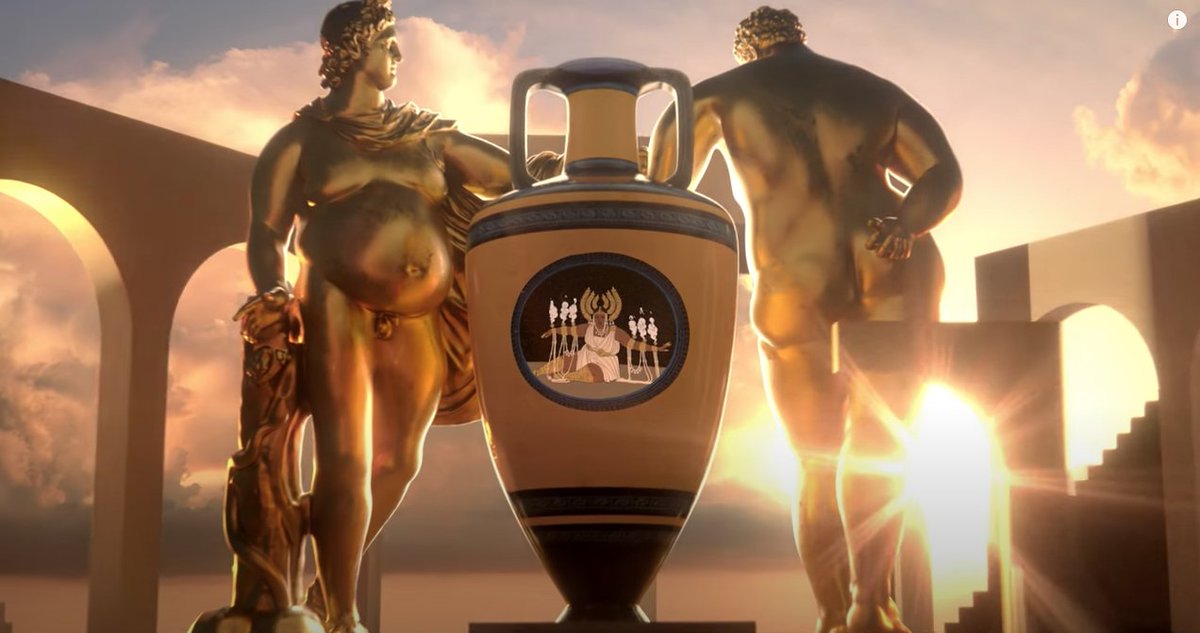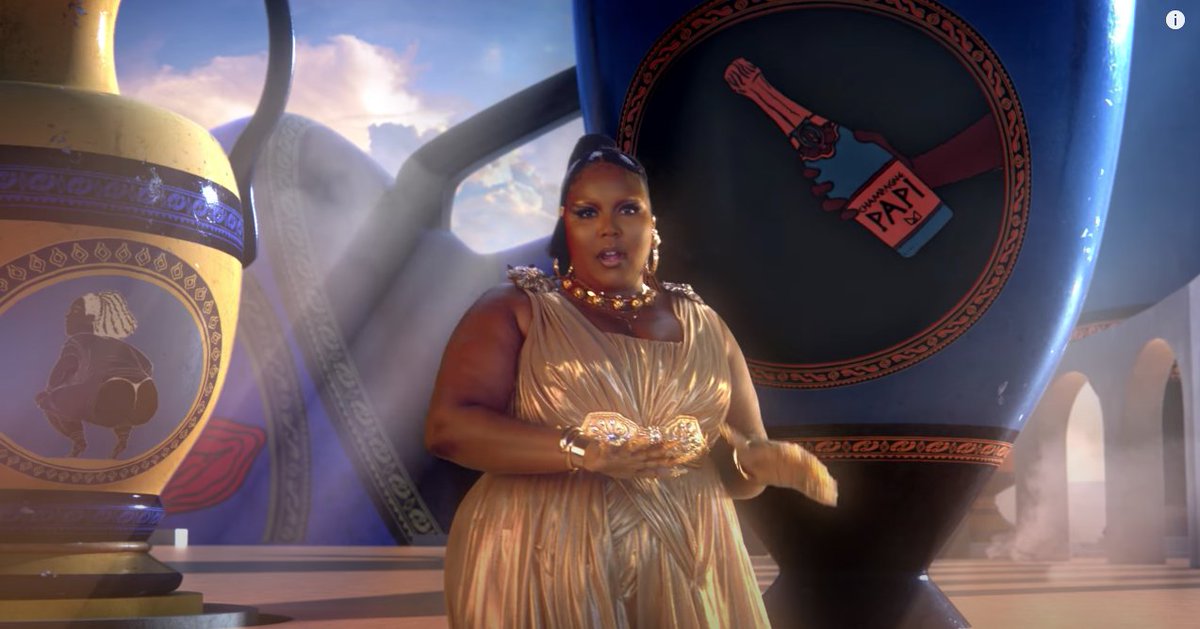
So yesterday, I shared this meme to the page, clearly insinuating that the Roman Empire was an evil construct that brought devastation to many different peoples and over a long period of time (if we take the dates of 753 BCE-476 CE, 1,229 years).
https://twitter.com/postclassics/status/1439979357880164355?s=20
I got a response that we shouldn’t judge ancient people by modern moral standards, (
https://twitter.com/GiodeeG/status/1440225386302869506?s=20) which I think merited a larger discussion around two questions:
1)Were the Romans aware of the ethical implications of such a large (and at times very brutal) empire?
And
2)Is it fair to judge them for what we see as their moral failings if they did not see them themselves?
And
2)Is it fair to judge them for what we see as their moral failings if they did not see them themselves?
The short answer is yes, Romans were totally equipped to see the moral failings of their empire, even if they often chose to ignore them.
Miriam Griffin explores the criticisms in her article “Iure Plectimur: The Roman Critique of Roman Imperialism” (Ch. 4 in hup.harvard.edu/catalog.php?is…), she points to a passage of Cicero’s “De Oficiis,” where he describes the nature of the early Roman Empire:
“Let me add, however, that as long as the empire of the Roman People maintained itself by acts of service, not of oppression, wars were waged in the interest of our allies or to safeguard our supremacy;
the end of our wars was marked by acts of clemency or by only a necessary degree of severity; the senate was a haven of refuge for kings, tribes, and nations; and the highest ambition of our magistrates and generals was to defend our provinces and allies with justice and honor.
And so our government could be called more accurately a protectorate of the world than a dominion.” (2.26-27) 

Cicero lays out clear guidelines for what he thinks constitutes a “just imperialism”: one that defends Roman territory and Rome’s allies, seeks to deliver fair judgments, and only uses violent measures when necessary.
He however, contrasts this with elite Roman behavior in his own time (44 BCE), where Rome had taken to betraying her allies in the name of expansion and the ambition of individuals:
“Justly, therefore, we are being punished. For if we had not allowed the crimes of many to go unpunished, so great license would never have centered in one individual.” (2.28)
Here he refers to the recent triumph from conquering Massilia (Marseille), people who'd helped Rome in previous wars across the Alps: he states that conquest and of peoples before had been just, but he doesn't mention the earlier discourses expressing discomfort at “unjust” wars. 

There's a lost speech by Cato the Elder (ironically best known for his advocating for the destruction of Carthage—his speech is cited by later authors: e.g. Gell. NA. 6.3) where he defends Rhodes against a declaration of war, claiming that its motivation is merely Roman greed.
The Romans do find a way to punish Rhodes later, however, by turning nearby Delos into a free port in 166 BCE--robbing Rhodes of its industry and ensuring the brutal economic destruction of the island.
We also see regret at war: take for example, the two destructions of 146 BCE, of Carthage and Corinth. Polybius discusses the sentiment in the Mediterranean that after the destruction of Carthage, Rome had departed from the values Cicero claims the Roman ancestors held (36.9-11).
Although the case can be made that Carthage had been an overly proud people who had presented an existential threat to the Romans in the past, the same cannot be said for Corinth.
In Livy’s account of the sacking, he writes that the commander Mummius took part in the sacking unwillingly, and didn’t take any spoils, we also have Roman reflections grappling with the memory of this serious departure from the “traditional values” (Livy Peroch, 52.6) 

In the imperial period, Tacitus is perfectly able to craft compelling speeches in the mouths of people about to be conquered, as with the speech of Calgacus in Agricola 30, the “the make a wasteland and call it peace” speech.
In writing this way, he demonstrates an ability to empathize with conquered people and narrate their plight. If he did not recognize the horrors the people would suffer, he would not be able to compelling write a people resisting their own enslavement. 

Cato the Younger has Caesar indicted essentially on charges of genocide before the Senate for the Gallic Wars (Plut. Pompey 1). We have accounts of commanders being turned over to Roman enemies because of their triumph-hunting and the atrocities they commited. 

In fact, these stories are so common, some schools of thought hold the Romans only fought defensively (see Sherwin-White's review of H*rris’ “War and Imperialism” (1979) or Eckstein’s “Political Realist” model of competing anarchist states in “Mediterranean Anarchy…” (2006)). 

Basically, yes, the Romans were aware of the problematic nature of the devastation they caused in the Mediterranean, but perhaps a more important question is, “if they were not able to, does that mean we shouldn’t judge them?”
I say no. History isn't only good for reconstructing the past, but also putting the past in dialogue with the present and our values. If we don’t think about horrors as horrors, we risk sacrificing a part of ourselves, or worse , glorifying the Romans.
That's not a risk I’m willing to take.
-Γ
(end)
-Γ
(end)
@GiodeeG I hope I addressed your point
@lupercusvetus has rightly pointed out I have a citational error about the Cato point.
https://twitter.com/postclassics/status/1440623670255259648
If you’re interested in reading more of our stuff btw:
https://twitter.com/postclassics/status/1393754600616910848
• • •
Missing some Tweet in this thread? You can try to
force a refresh



















